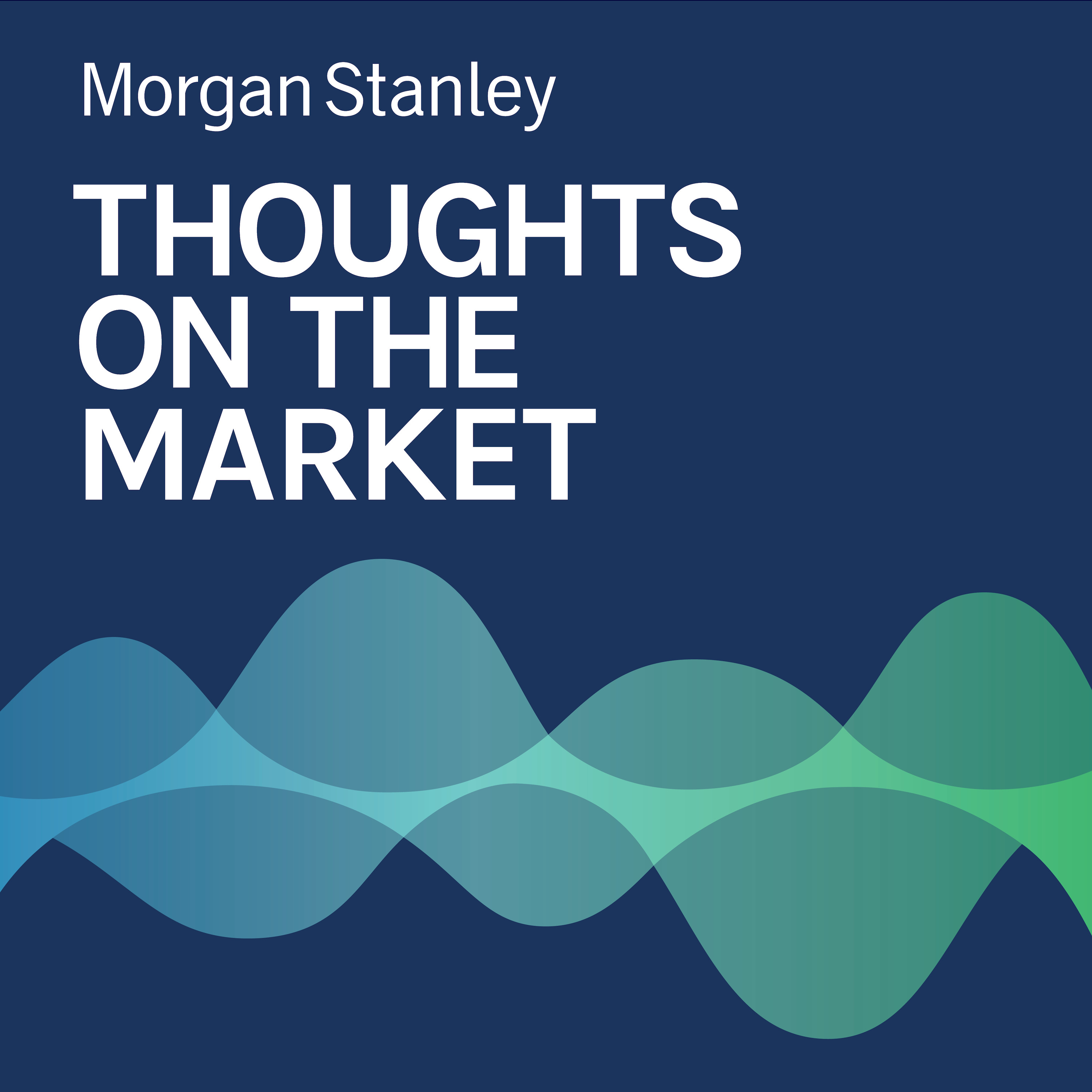U.S Housing: The Future of Mortgage Markets

b"
Banks and the Fed are winding down activity in the mortgage market amid recent funding challenges, signaling a potential new regime for the asset class. Co-Heads of Securitized Products Research Jim Egan and Jay Bacow discuss.
----- Transcript -----
Jim Egan: Welcome to Thoughts on the Market. I'm Jim Egan, Co-Head of U.S. Securitized Products Research here at Morgan Stanley.
Jay Bacow: And I'm Jay Bacow, the other Co-Head of U.S. Securitized Products Research.
Jim Egan: And on this episode of the podcast, we'll be discussing mortgage markets. It's Tuesday, April 11th, at 11 a.m. in New York.
Jim Egan: Now, Jay, there has been lots of news recently about bank funding challenges, and the FDIC put both Silicon Valley Bank and Signature Bank in receivership. They just announced last week that $114 billion of their securities will be sold, over time, with those securities being primarily agency MBS. Now, that sounds like a pretty big number, can you tell us what the impact of this is?
Jay Bacow: Sure. So, I think it's important first to realize that the agency mortgage market is the second most liquid fixed income market in the world after treasuries, and so the market is pretty easily able to quickly reprice to digest this news. And as a reminder, agency mortgages don't have credit risk, given the agency guarantee. Now, that $114 billion is a big number and about $100 billion of them are mortgages, and putting that $100 billion in context, we're only expecting about $150 billion of net issuance this year. So this is two thirds of the net supply of the market is going to come just from these portfolio liquidations. That's a lot, and that's before we even get into the composition of what they own.
Jim Egan: Isn't a mortgage a mortgage? What do you mean by the composition of what they own?
Jay Bacow: Well, yes, a mortgage is a mortgage, but what banks can do is that they can structure the mortgages to better fit the profile of what they want. And based on publicly disclosed data of when they bought, we assume that most of those mortgages right now have very low fixed coupons\\u2014in the context of 2%, well below the current prevailing rate for investors. Furthermore, about a third of the mortgages that the FDIC holds in receivership are these structured mortgages, they're still guaranteed, there's no credit risk, but these would be out of index investments for most money managers.
Jim Egan: Well, can't banks buy them, though? Like, aren't these pretty typical bank bonds, two banks owned them in the first place? And if the bonds worked for a bank that time, why don't they work for a different bank now?
Jay Bacow: So, part of what made them work for those banks is that they bought them around \\u201cpar,\\u201d and given the low coupons that they have now, they're no longer at par. And for accounting reasons that we probably don\\u2019t need to get into right now, banks typically don't like to buy bonds that are far away from par. Furthermore, the recent events have made banks likely to need to revisit a lot of the assumptions that they're making on the asset and liability side. In particular, they probably going to want to revisit the duration of their deposits, which is going to bias them towards owning shorter securities. The regulators are probably also going to want to revisit a lot of assumptions as well. And we think what's likely to happen is that they're going to make a lot of the smaller banks have the mark-to-market losses on their available for sale securities flow through to regulatory capital, which in conjunction with some of the other changes probably means banks are going to further bias their security purchases shorter in duration and lowering capital charges.
Jim Egan: Okay. So, if the banks aren't going to be active and the Fed is already winding down their portfolio, who's really left to buy?
Jay Bacow: Basically, money managers and overseas. And while spreads have widened out some, we think they're biased a little wider from here. Effectively, this is going to be the first year since 2009 that neither domestic banks or the Fed were net buying mortgages. And when you take away the two largest buyers of mortgages, that is a problem for the asset class. And so we think we're in a new regime for mortgages and a new regime for bank demand.
Jim Egan: Jay, thank you for that clear explanation, and it's always great talking to you.
Jay Bacow: Great talking to you, too, Jim.
Jim Egan: And thank you for listening. If you enjoy Thoughts on the Market, please leave us a review on the Apple Podcasts app and share the podcast with a friend or colleague today.
"